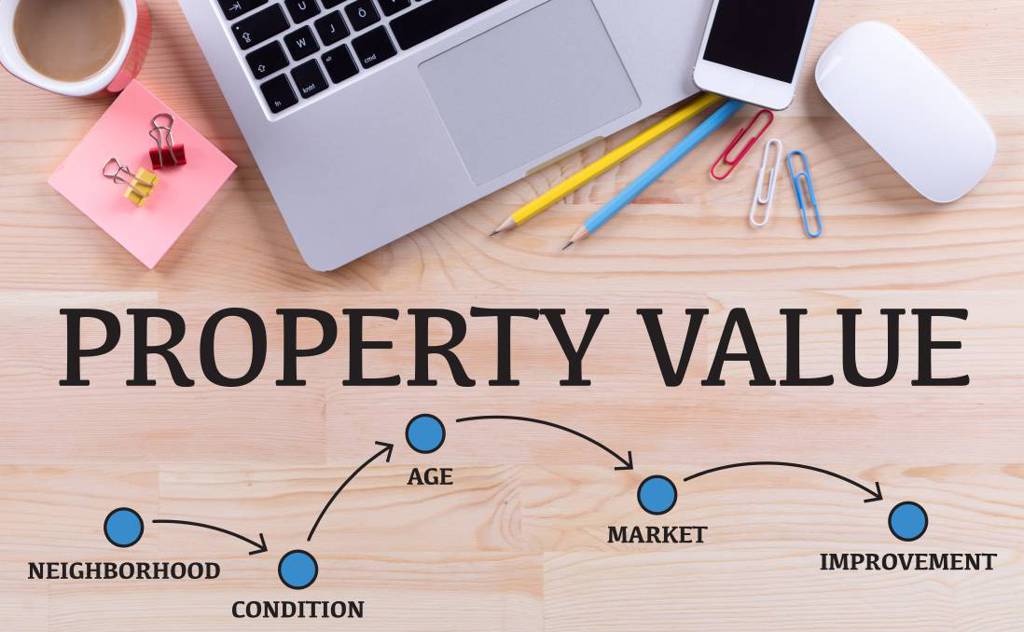When it comes to real estate, the term property valuation often surfaces. As crucial as it may be, many remain unaware of what this process entails. The intricacies surrounding the valuation of property are key to understanding its true worth in the market. Here’s a deep dive into the essential components of property valuation and why it matters.
Understanding Property Valuation
Property valuation refers to the process of determining the current worth of a real estate asset. This is pivotal for various reasons such as sales, taxation, mortgages, and insurance. Accurately assessing the value of a property ensures that all parties involved are making informed decisions.
The Importance of Location
One of the primary determinants of a property’s value is its location. An area with excellent amenities, such as schools, parks, and shopping centers, will typically increase a property’s worth. Additionally, good transportation links and a low crime rate contribute significantly to a favorable property valuation.
Condition and Age of the Property
The age and condition of a building play a crucial role in property valuation. Newer properties or those that have been well-maintained will often be valued higher. Factors such as the structural integrity, quality of materials used, and modernization efforts are diligently assessed.
Market Trends and Economic Factors
The property market is dynamic, influenced by a myriad of factors ranging from economic policies to interest rates. Keeping an eye on these market trends is essential for an accurate property valuation. When the economy is strong, property values generally rise. Conversely, economic downturns can lead to decreased property values.
Comparative Market Analysis
Real estate professionals often employ a Comparative Market Analysis (CMA) to gauge a property’s value. This involves comparing similar properties in the same area that have recently sold. The data gathered provides a benchmark, helping to ensure a precise valuation of property.
Read more about Real estate agents/agencies here.
Income Approach for Investment Properties
For investment properties, the income approach is a popular valuation method. This considers the revenue generated by a property, such as rental income, and the expected return on investment. Calculating the Net Operating Income (NOI) and applying a capitalization rate can provide a clear picture of the property’s value.
The Role of Property Valuers
Professional valuers or appraisers are often engaged to conduct property valuations. These experts bring an in-depth understanding of various valuation methods and market acumen to provide an accurate estimate. Their unbiased, third-party assessments are invaluable for transactions, legal disputes, and financial planning.
Tech and Digital Influence
Technology has revolutionized property valuation by introducing more precise and efficient tools. Advanced software and algorithms can analyze vast amounts of data quickly, enhancing the accuracy of valuations. Geographic Information Systems (GIS), drones, and Building Information Modeling (BIM) are just a few examples of technological innovations in this field.
Conclusion
Understanding property valuation is instrumental for anyone involved in real estate, whether they are buyers, sellers, or investors. Various factors, ranging from location and property condition to economic trends and professional appraisals, come into play when determining a property’s worth. With the rise of technological advancements, the process has become even more precise, making it easier to make informed real estate decisions.
